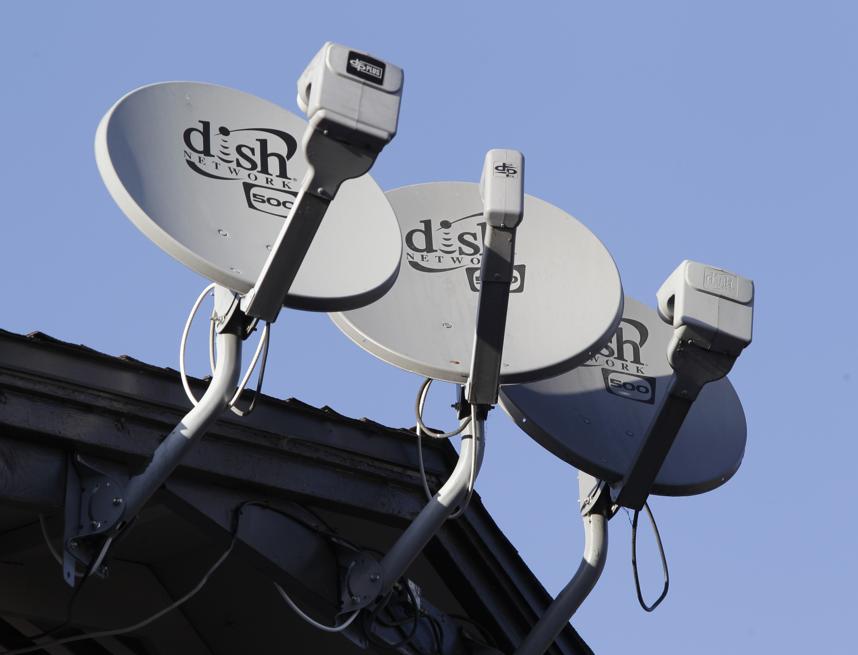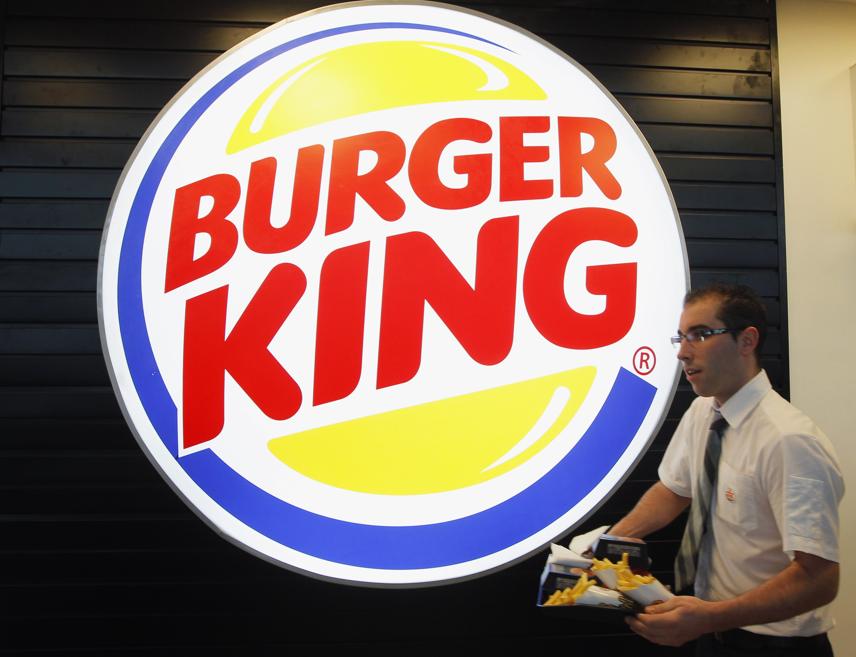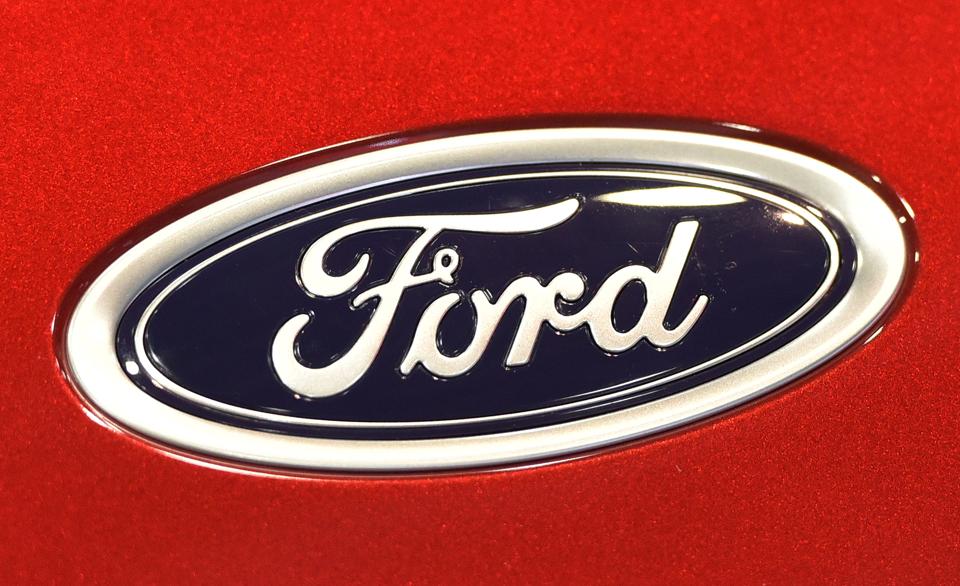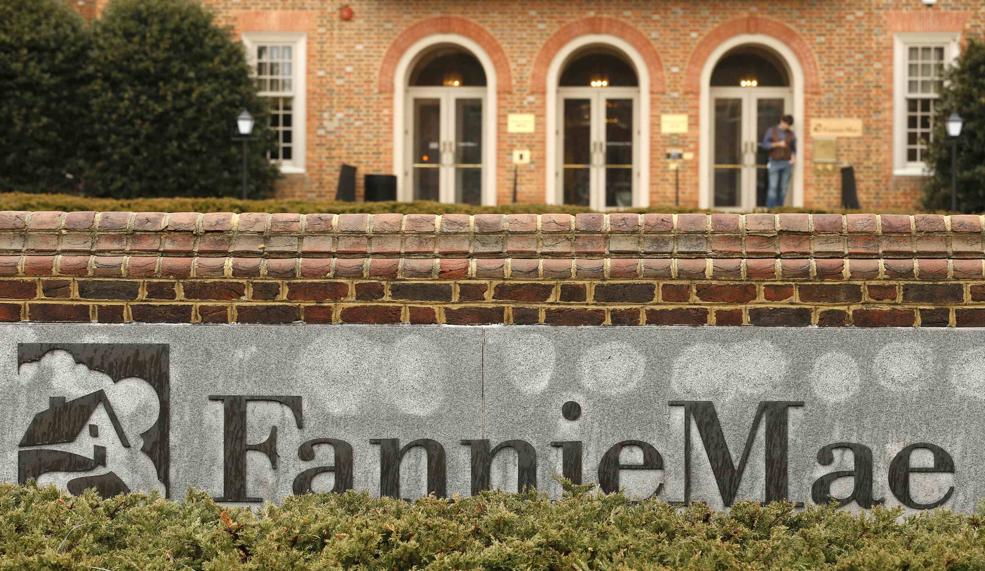CABLE TELEVISION
Dish to offer smaller bundle, minus sports channels
Dish Network is offering a new ‘‘skinny’’ bundle of about 50 cable channels that doesn’t include ESPN and some other sports channels, giving people who don’t care about sports a way to save money on TV without joining the ranks of ‘‘cord cutters.’’ Sports channels are among the most expensive for cable and satellite TV companies and are usually included in big cable bundles. That drives up the bill for all customers, whether they enjoy watching ball games or not. Dish’s new ‘‘Flex Pack’’ starts at $30 a month, not including fees and taxes, while a big cable bundle typically costs about $90. Dish is not the first cable distributor to sell a smaller basic cable bundle without ESPN, however. Comcast has done so for nearly a decade. And Dish’s package is similar to Verizon Fios’s ‘‘Custom TV,’’ launched in April 2015. — ASSOCIATED PRESS
SPORTS
Callaway jumps after Nike drops golf equipment
Callaway Golf Co. jumped as much as 8.5 percent in New York trading after Nike Inc. announced plans to abandon the golf-equipment market, removing a competitor from the industry. Nike’s exit gives Callaway more breathing room at a time that the golf industry is trying to stage a comeback. Nike built its golf business around the stardom of Tiger Woods, who helped draw interest to the sport. — BLOOMBERG NEWS
INSURANCE
MetLife plans to cut spending, and jobs
MetLife Inc., the largest US life insurer, plans to cut expenses by 11 percent as low interest rates squeeze investment income. The plan is to reduce annual costs by about $1 billion by the end of 2019 and will include job cuts, chief executive Steve Kandarian said Thursday in a conference call without specifying how many workers will be dismissed by the New York-based company. The insurer had 69,000 employees at the end of 2015, according to its most recent annual report. Central bank policies to suppress interest rates have reduced the income MetLife makes on a bond-dominated investment portfolio valued at more than $500 billion. — BLOOMBERG NEWS
FAST FOOD
Burger King sales static, despite Mac n’ Cheetos
Restaurant Brands International Inc., the owner of Burger King and Tim Hortons, reported second-quarter sales for both chains that trailed analysts’ estimates, lending credence to speculation that the fast-food industry is entering a slump. Burger King has relied on new food and meal deals to try to draw customers in a fiercely competitive market. The company recently started selling Mac n’ Cheetos, deep-fried sticks of macaroni and cheese encrusted in Cheetos-flavored breading. Earlier this year, Burger King added grilled Oscar Mayer hot dogs to its menu, along with an Egg-normous burrito and Chicken Fries Rings. Total revenue in the quarter was little changed at $1.04 billion, in line with analysts’ $1.05 billion average projection. — BLOOMBERG NEWS
MORTGAGE
Rates fall after three weeks of increases
Long-term US mortgage rates declined this week after rising for three straight weeks, continuing to lure prospective home buyers. Mortgage giant Freddie Mac said Thursday the average for the benchmark 30-year fixed-rate mortgage fell to 3.43 percent from 3.48 percent last week. The average rate is down sharply from 3.91 percent a year ago. The 15-year fixed mortgage rate dipped to 2.74 percent from 2.78 percent last week. — ASSOCIATED PRESS
UNEMPLOYMENT
Applications for benefits rise
The number of Americans filing applications for unemployment benefits rose last week to a level that still underscores health in the labor market. Jobless claims rose by 3,000 to 269,000 in the week ended July 30, a report from the Labor Department showed Thursday in Washington. The median forecast in a Bloomberg survey called for 265,000. Continuing claims decreased. For 74 consecutive weeks, claims have been below the 300,000 level that economists say is typically consistent with an improving job market. That’s the longest stretch since 1973. — BLOOMBERG NEWS
RETAIL
Target to start selling Amazon devices again
Target Corp. has resumed selling Amazon.com Inc.’s tablets and e-readers on its website and plans to bring them back to its stores, marking a detente between one of the world’s largest brick-and-mortar retailers and its chief online rival. Amazon’s Kindle e-readers, Fire tablets, and Fire TV devices went on sale on Target.com on Thursday, and the merchandise will return to the retailer’s stores in October, just in time for the holiday shopping rush. When Target stopped carrying the devices in 2012, analysts hailed the ban as a savvy move to rid its stores of a Trojan horse. Amazon’s Fire tablet makes it easier to purchase items on Amazon.com, and its e-readers draw more customers to Amazon’s website, where it sells everything from shoes to shampoo, alongside its electronic books. A few months after Target’s decision, Walmart also stopped selling the devices. Some smaller chains, like Best Buy Co. and Bed Bath & Beyond Inc., kept them on shelves. — BLOOMBERG NEWS
AUTOMOTIVE
Ford recalling 830,000 vehicles because door latches can break
Ford is recalling about 830,000 vehicles in the United States and Mexico because parts in the side-door latches can break and the doors can open while the vehicles are moving. The recall announced Thursday covers certain 2013 to 2015 Ford Escape SUVs and C-Max cars, and 2012 to 2015 Focus cars. Also included are 2014 to 2016 Ford Transit Connect vans, and Ford Mustang sports cars and Lincoln MKC SUVs from 2015. Ford says a faulty spring part can break, stopping the doors from latching. The company says the rate of problems is higher in states with high temperatures and sunlight exposure, so the recall is focused on all of Mexico and 16 states mainly in the south and west. States included are Alabama, Arkansas, Arizona, California, Florida, Georgia, Hawaii, Louisiana, Mississippi, New Mexico, Nevada, Oklahoma, Texas, Utah, Oregon, and Washington. — ASSOCIATED PRESS
MORTGAGE
Fannie Mae investment income down
Fannie Mae reported net income of $2.9 billion from April through June, down from a year earlier as low interest rates brought losses for the mortgage giant on its investments. The second-quarter results released Thursday marked the 18th straight profitable quarter for the government-controlled company. Washington-based Fannie Mae also will pay a dividend of $2.9 billion to the US Treasury next month. With that payment, Fannie will have paid a total $151.4 billion in dividends. Fannie received $116 billion from taxpayers when the financial crisis struck in September 2008. The government rescued Fannie and smaller sibling Freddie Mac after they suffered huge losses from risky mortgages in the housing market bust. Together the companies received rescue loans totaling about $187 billion. The housing market’s gradual recovery has made Fannie and Freddie profitable again. — ASSOCIATED PRESS







